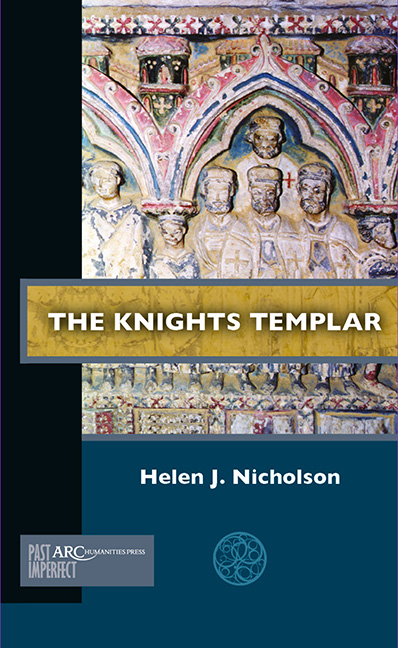Summary
The Templars were Latin—that is, Catholic—Christians. Their faith was the faith of pre-Reformation Europe, a broad Church which expected believers to attend church only three times a year and did not expect the laity to take an active role in church services. The Templars were not educated in theology and would not have been aware of or even interested in the complex theological debates that were taking place in the Latin Church in the twelfth and thirteenth centuries. Their function was to serve the Holy Land, not to engage in intellectual debate.
The Templars’ admission ceremony instructed that new members should make their vows to “God and Our Lady” (the Blessed Virgin Mary, Christ's Mother). They swore to be obedient to the master of the order, to preserve their physical chastity, and live without personal property. They also promised to keep the customs of the order, to help to conquer the Holy Land of Jerusalem, never to leave the order without permission from the master, and never to be in a situation where a Christian might be wrongfully deprived of his or her possessions through their authority or advice. When they had made these promises, they were welcomed into the house and promised “the bread and water and poor clothing of the house and much pain and suffering.” Although Jacques de Vitry, bishop of Acre (d. 1240), suggested that some brothers joined a military-religious order to gain prestige and an easier life, the order's official line was that life would not be easy, and that members could expect to sacrifice all their own interests for the sake of God and Our Lady.
Although they formed an active rather than a praying religious order, the Templars expected to focus their lives on prayer and serving God. Their regulations show that their daily timetable was based on the timetable of the monastic Rule of St. Benedict, with prayers to be said at fixed times during the day, known as the “Hours.” If brothers could not say the Hours in chapel because they were travelling on the order's business, they should recite the Lord's Prayer at the appropriate times. They should also say the Lord's Prayer when they went to bed, before and after meals, and in a daily service for the members of the order and their benefactors, living and dead.
- Type
- Chapter
- Information
- The Knights Templar , pp. 33 - 42Publisher: Amsterdam University PressPrint publication year: 2021

